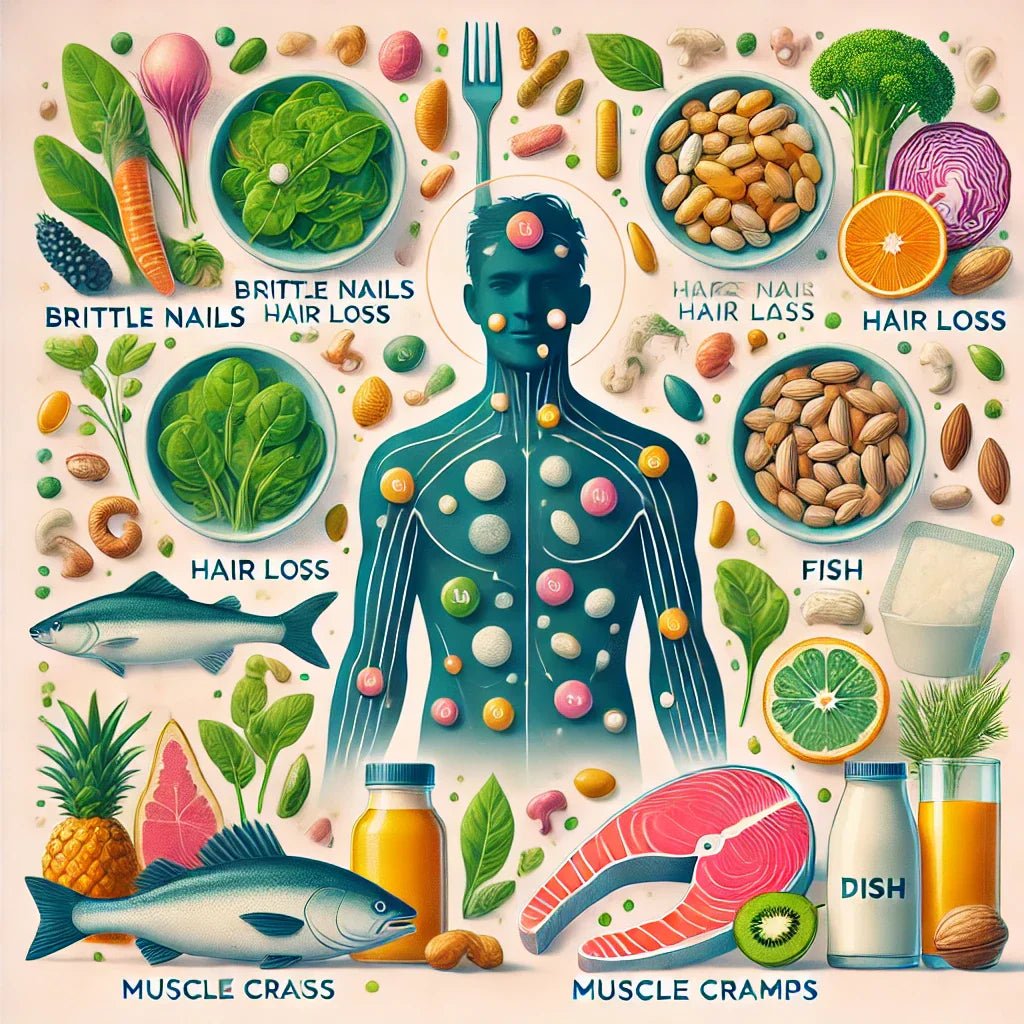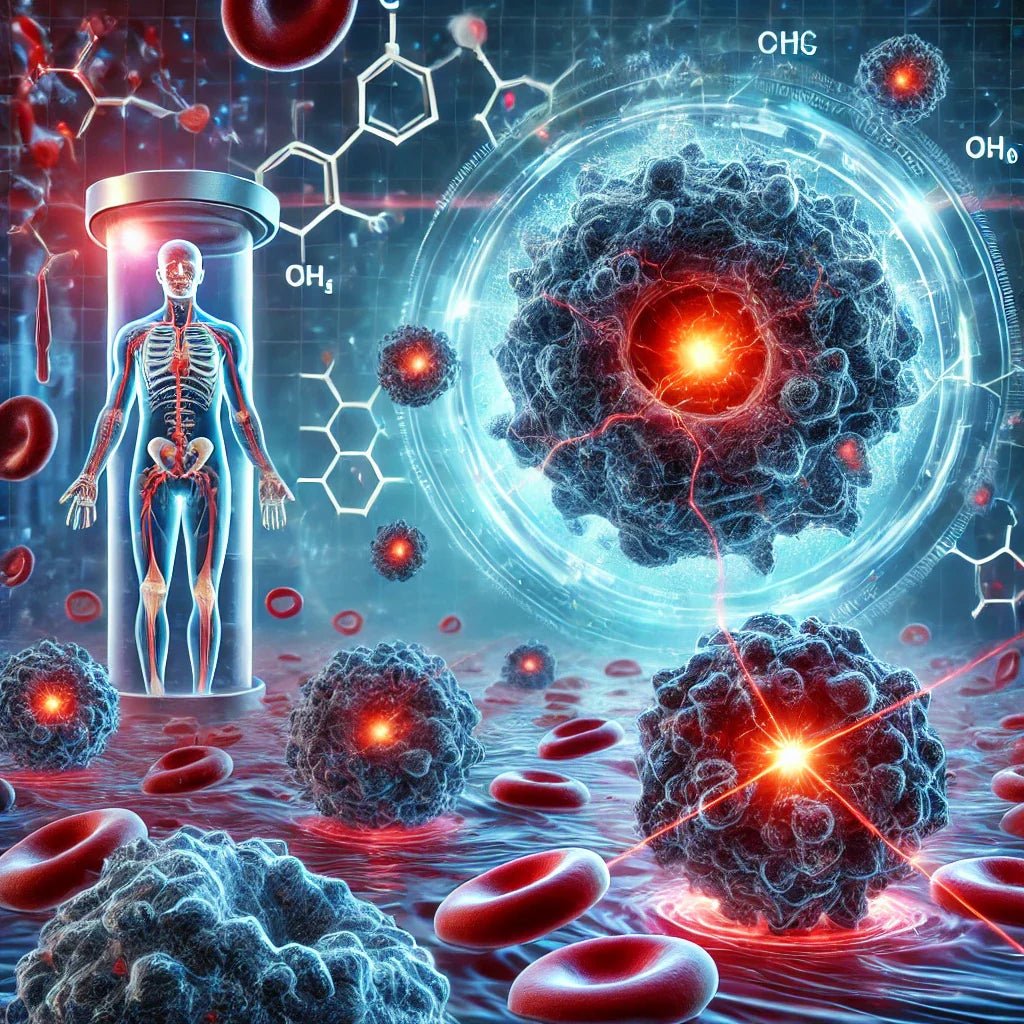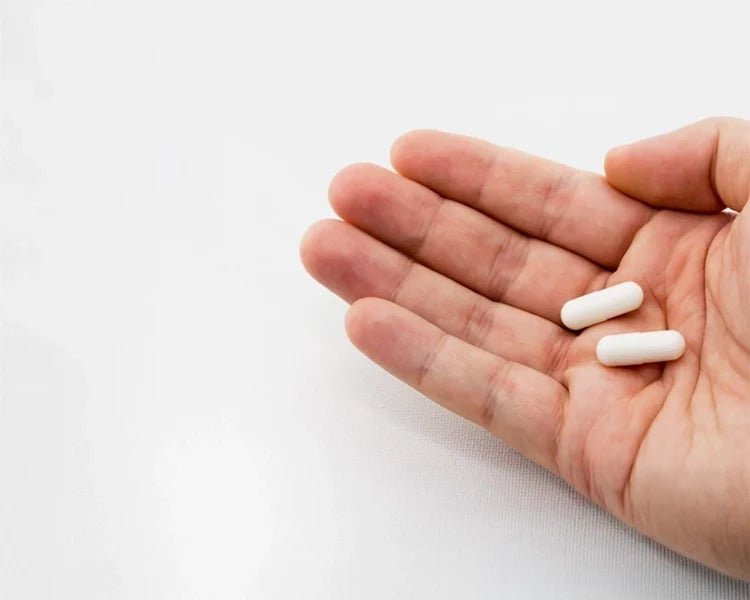According to the American Cancer Society, one of the most common side effects of cancer therapy is the destruction of cells in the oral cavity and gastrointestinal tract; therefore, after undergoing chemotherapy and radiotherapy, patients often have to face challenges related to the functioning of the gastrointestinal tract and the absorption of nutrients. That is why proper nutrition plays a key role in the recovery process and improving the quality of life. The Polish Society of Gastroenterology develops standards of gastroenterological care for patients who have undergone chemotherapy and radiotherapy. So there are some key aspects that patients should pay attention to.
The first aspect is maintaining a balanced diet. Patients should stay hydrated and consume a variety of nutrients such as protein, fiber, vitamins and minerals.
Dietary fiber plays an important role in regulating digestion and preventing constipation, so patients should focus on eating foods rich in fiber such as vegetables, fruits, whole grains and legumes. You can also select sources of water-soluble fiber to reduce possible undesirable symptoms of its excess, such as flatulence. A source of such fiber may be, for example, psyllium seeds, which are recommended in the treatment of irritable bowel syndrome.
Controlling your protein intake is also important because it is essential for tissue repair and body rebuilding. Patients should include high-quality protein sources in their diet, such as lean meat, fish, eggs, nuts, seeds and selected dairy products.
A unique group of oncological patients in whom special attention should be paid to nutritional aspects are patients with upper gastrointestinal obstruction. Nutrition in such patients is often provided through a PEG gastrostomy. I will discuss the issues related to these patients in subsequent articles.
Taking into account the variety of nutrients that patients after radio- and chemotherapy should consume, attention should be paid to the deterioration of the absorption of these nutrients and appetite during and after oncological treatment . It is worth considering supplementing your daily meals with liquid, highly nutritious preparations that provide a lot of easily digestible ingredients in a small volume.
Another aspect is observing symptoms. Patients should consult a gastroenterologist if they experience symptoms such as:
- stomachache
- nausea
- vomiting
- diarrhea
- weakness, weight loss,
- hair loss, brittle nails
- weakening of the immune system
The above symptoms may indicate nutritional deficiencies and should not be ignored. A specialist will help establish a diagnosis and recommend appropriate remedies.
Both European and global standards of gastroenterological care for patients after oncological therapies are being developed. These include monitoring patients' intestinal function and adapting treatment as needed to prevent possible complications. Additionally, patients may receive medications or supplements that aid digestion and nutrient absorption.
Attention! The need for comprehensive multidisciplinary care, including gastroenterologists, oncologists, dietitians and psychologists, is emphasized to ensure comprehensive support in recovery. An individual approach is extremely important so that gastroenterologists can adapt therapy and dietary recommendations to the individual needs and preferences of patients!
AUTHOR:
Adam Trzciński
GASTROENTEROLOGIST






